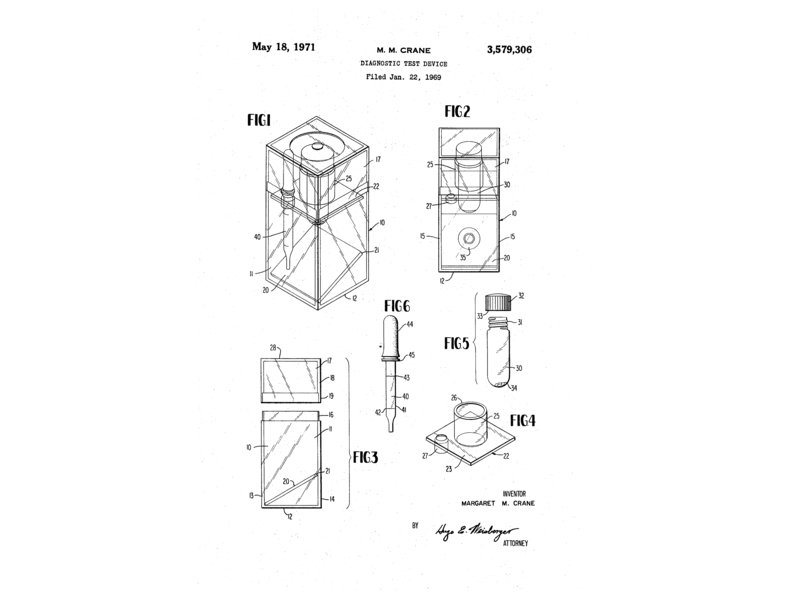Prosumerism and the Future of Healthcare
UNDERSTANDING THE FUTURE OF HEALTHCARE
MARGARET CRANE’S PREDICTOR
If you want to understand one of the core underpinnings of the future of healthcare, a good place to start is with the past, and in particular with the work of the amazing Margaret Crane. One day in 1967 she was looking at pregnancy testing technology in the company she worked for when she had an epiphany: why did women have to visit their doctor to get the test? And why did they have to visit their doctor a second time to receive the results? The components were straightforward enough. Why couldn’t they just do it themselves? So away she went, and came up with what was to become the Predictor. Purchase the kit, pee on a stick and … viola! Or not quite “voila,” because it took a decade to beat down doctors who felt threatened by the loss of revenue and fought a rearguard action with arguments that women couldn’t be trusted to do this and needed to retain the counseling of a clinician for such an important event! But eventually, after watching her invention adopted in other geographies first, Margaret saw it accepted in her own country, and before long the vast majority of women confirmed pregnancies in their time and on their own terms. Margaret Crane transformed the future of healthcare.
WHAT IS PROSUMERISM?
Some years later, inspired by the home pregnancy test and related developments, a much-celebrated futurist by the name of Alvin Toffler coined a new phrase – “prosumer” – to capture the way consumers were becoming more involved in producing the services they consumed. It is a powerful word. It has since expanded to capture the phenomenon of all kinds of professional products funneling into the hands of amateurs, and much of the phenomenon we call the “share economy.” I use it a lot, especially when speaking about the future of healthcare. All those amazing home diagnostics devices? All those wearables? Prosumerism. All those self-service AI health chatbots? Prosumerism. Prosumerism is continuous. It constantly shifts power and agency from practitioner to patient. Prosumerism is economic: it shrinks and transfers costs out of the “system” and into the hands of patients. Which is why it is essential: a stream of new and more sophisticated (and more expensive) therapies is always funneling into healthcare, so we must necessarily have another continuous stream of commoditisation and “funneling out,” or the creaky financial underpinnings will explode under the weight.
Prosumerism is accelerating.
A new chatbot arrives. A new genomic test kit is launched. Watch as at least one community of doctors protests. Listen as they try and sustain an argument that amounts to: ‘patients don’t deserve more agency in their own healthcare.’ Watch the disruption dissipate into acceptance and routinization. Repeat. The process is as inexorable as it is boundless. And really, the protesting radiologists, oncologists, dermatologists and other practitioners have nothing to worry about: like Margaret’s opponents, they’ll end up making as much (or more) out of the new as they did from the old! Know that, and you know a good chunk of the future of healthcare.
[Incidentally, it was only recently that Margaret received public credit for her invention. And nowadays Heidi Toffler is also much more widely recognised for her vital collaborations with her husband. Progress we can celebrate, happily, on another front.]

